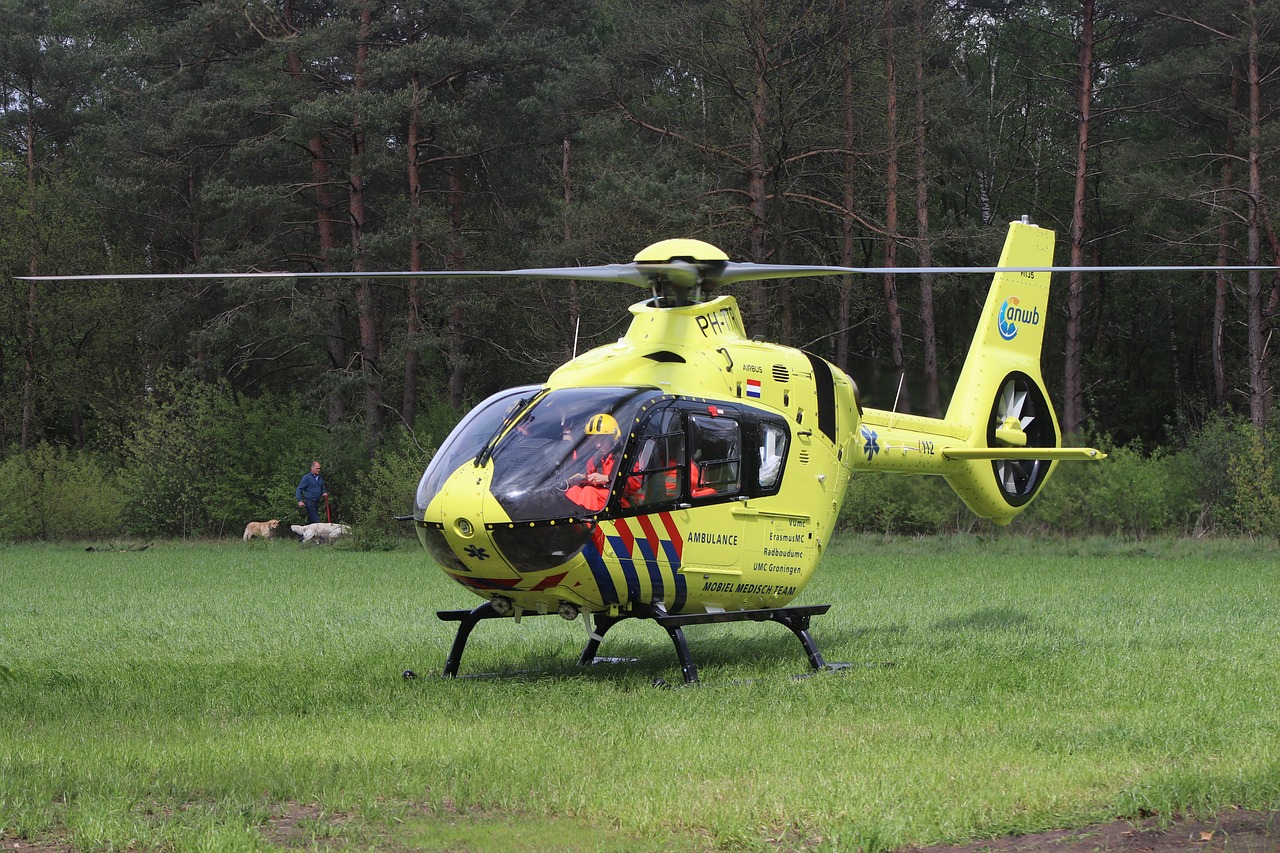
I have to admit. When I was a radiology resident, I used to dread the “traumaramas” that would arrive at our level one trauma center in Rhode Island. Because of our unique location, we would receive tons of vehicle accidents. And motorcycle accidents were the worst. Limbs would hang on by a thread. Road burns, covering more than half the body, shearing off half of the patient’s skin. And, horrible head injuries would be part of the norm (especially in those riders without a helmet!). Subsequently, we would image almost every body part imaginable! Squadrons of surgeons and surgical residents would stop by to check the films. Trauma radiology was an enormous time drain.
In the past, I did talk about trauma radiology a bit (check out How Important Is Level One Trauma To My Radiology Training?). But, recently, with our residency merger marching onward and new potential opportunities for our residents to rotate through trauma at other sites, I began thinking again about the highlights and pitfalls of a trauma rotation again from a new perspective. Did all this extreme level I trauma help me to become a better radiologist? What about it do I still utilize today? And, most importantly, the question that you would be afraid to ask… what about the experience may not add anything at all to your radiology training experiences? These are some of the issues that I will tackle (like a 400-pound linebacker!)
The Good
Organizational Skills
First and foremost, since you have these trauma patients that come in with a gazillion injuries and bazillion imaging studies, you have to keep your wits about you. You cannot afford to forget about any of the search patterns you have learned and miss any of the studies that the ED performs. Of course, if you do, Murphy’s law says that it will be the one with the critical findings!
Having a trauma rotation forces you to keep your priorities straight and organize your work. And, it’s critical for getting through the night. But, these same skills will aid you immensely when you start your first radiology job.
Working Under Pressure
Pressure creates diamonds. Sometimes we all new need a bit of pressure to be at our best. Unfortunately, our work is not all beds of roses and teddy bears. We need to think on our feet and give appropriate advice. And, that also applies to the real world. Doctors expect their reports on time without mistakes. And patients want excellent patient care. Working in an active trauma rotation allows you to build these critical skills that will find you in good stead later on.
Trauma Findings
And then, of course, you will not look at studies the same way after completing a trauma rotation. Instead, you will read every image with an eye toward trauma. Liver lacerations, bowel injury, renal pedicle avulsions, and more will become part of your search pattern for all-time. In the real world, sometimes, but not often, we still see the same trauma that you will learn about during your residency.
Just as critically, it can help to prepare you for the boards. If you have seen a bit of trauma, it that much less you need to study. You have lived it!
The Not So Good
Trauma- Can Be Overly Repetitive
I’ve mentioned it before in my other blog on the topic, but I will re-emphasize again. Trauma radiology is a bit more repetitive than other areas in radiology. The patterns remain the same with a more limited repertoire of findings. There is only so much that we need to enhance our skills.
Learning Checklist Radiology- Not So Great!
I hate cookbook medicine. And, unfortunately, trauma radiology can be the epitome of the proverbial cookbook. Emergency doctors and surgeons expect particular views and types of studies for every given trauma patient and situation. And, we need to oblige as their radiologist. They will assume that we do things their way, whether required or not. It is just part of the trauma formula. I like a bit more flexibility!
The Hours
For multiple reasons, traumas tend to roll in late at night when you are at your peak of exhaustion. Additionally, they tend to occur all at once. It’s just a fact. So, you will have to power through the tough nights when you will not get an ounce of shuteye (Not that you were getting any on other call rotations anyway!)
Trauma Radiology- The Final Verdict
Learning trauma radiology is critical for the boards. And though it may or may not be central to your practice of radiology, and can drain you at times, it can reinforce some good habits that you need to become an excellent radiologist. Whether it is organizational skills, working in tough situations, or knowing the critical elements of trauma, these are some of the skills that you will need later on in your career. So, take it all in stride!






